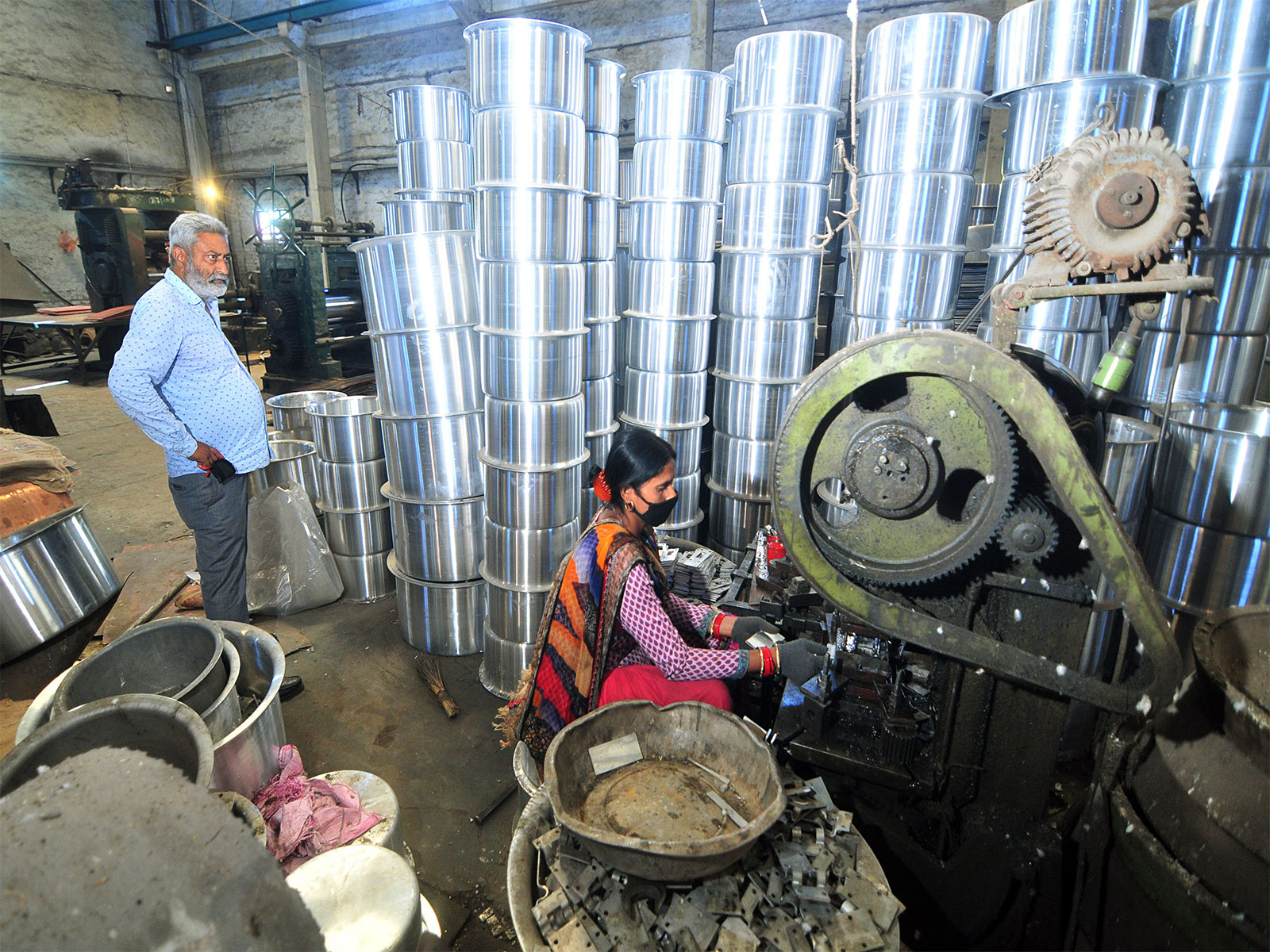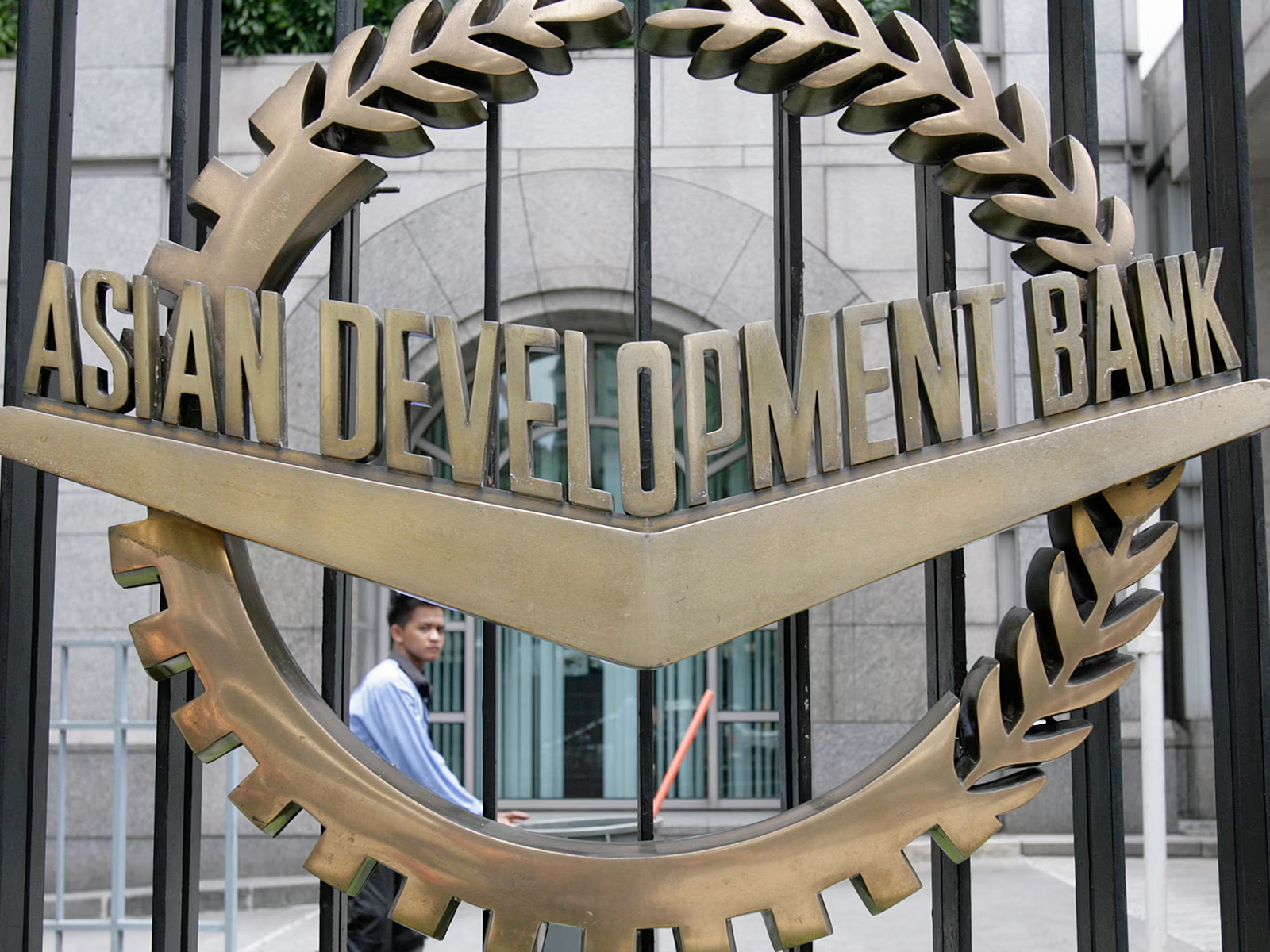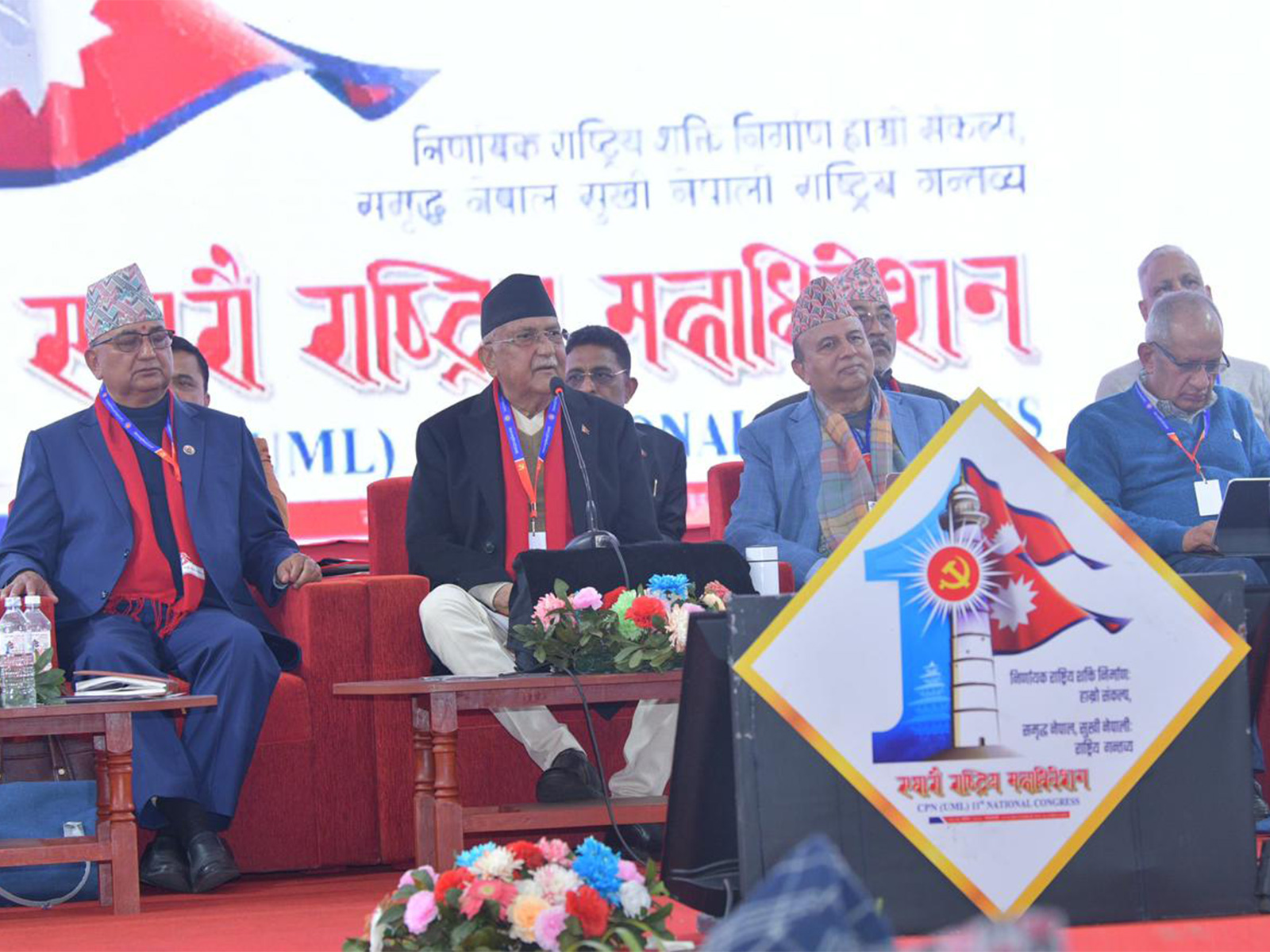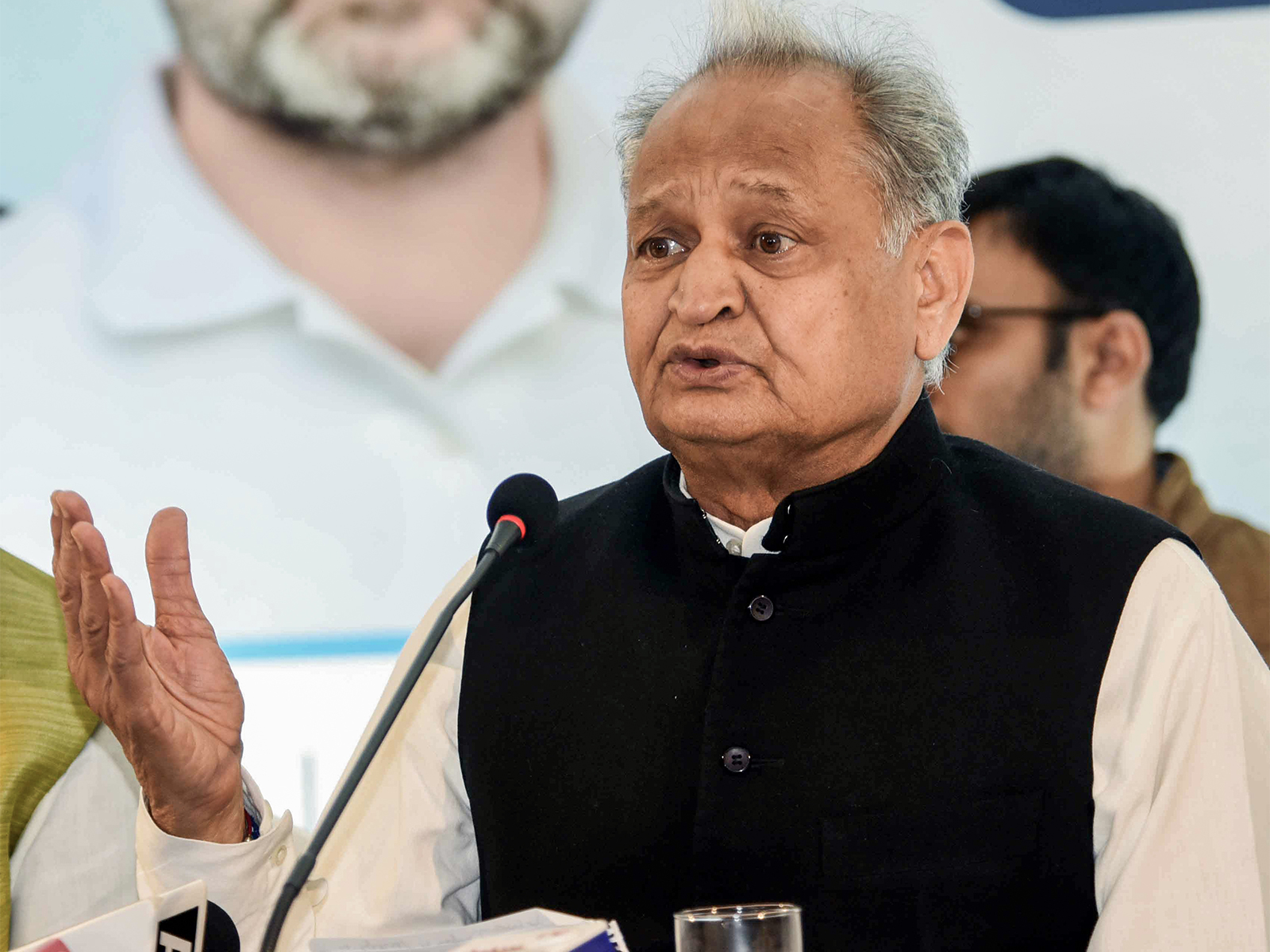Central govt food subsidy bill at two year high while fertilizer subsidy declines to two year low: Report
Dec 10, 2024

New Delhi [India], December 10 : The central government has significantly increased its subsidy disbursements in the current fiscal year so far, surpassing the amounts spent in the last two years.
According to a report by the Bank of Baroda, the government spent Rs 2.49 lakh crore on subsidies between April and October this year, higher than Rs 2.32 lakh crore during the same period last year and Rs 2.39 lakh crore in 2022.
The report added that food subsidy spending has been consistently rising over the years.
On the other hand, fertilizer subsidies have declined, reaching a two-year low. The government spent Rs 1.02 lakh crore on fertilizer subsidies during the April-October period this year, down from Rs 1.20 lakh crore last year. In 2022, the amount was Rs 1.03 lakh crore for the same period.
It said, "Total subsidy disbursed in FYTD25 so far, has been higher than last year, led by food subsidies".
The report data also highlighted that the food subsidies were a major contributor to the increase, with spending in this category reaching Rs 1.40 lakh crore from April to October this year. This is a notable rise compared to Rs 1.11 lakh crore during the same period last year and Rs 1.35 lakh crore in 2022.
The report also noted that the impact of these subsidy trends on the government's fiscal situation. The Centre's fiscal deficit rose to 5.1 per cent of GDP as of October 2024 (12-month moving average basis), up from 4.6 per cent in September 2024. This increase is attributed to slower revenue growth.
Despite the fiscal challenges, total government expenditure grew by 3.3 per cent till October FYTD25, recovering from a 0.4 per cent decline in the first half of the fiscal year. The rebound was driven by an 8.7 per cent rise in revenue spending, compared to a 4.2 per cent increase in H1 FY25.
This increase in subsidy spending, particularly in food subsidies, highlights the government's commitment to welfare programs but also raises concerns about its fiscal health amidst rising expenditures.




















